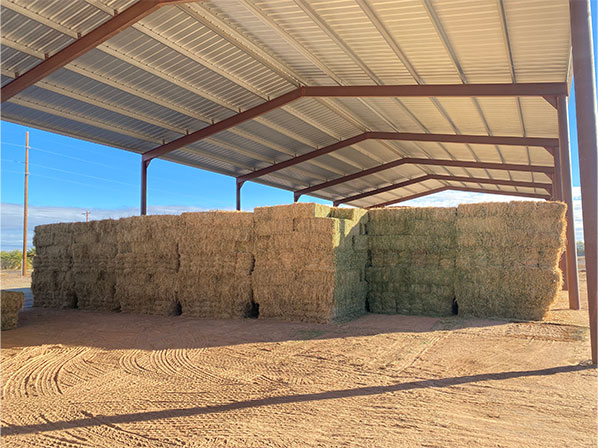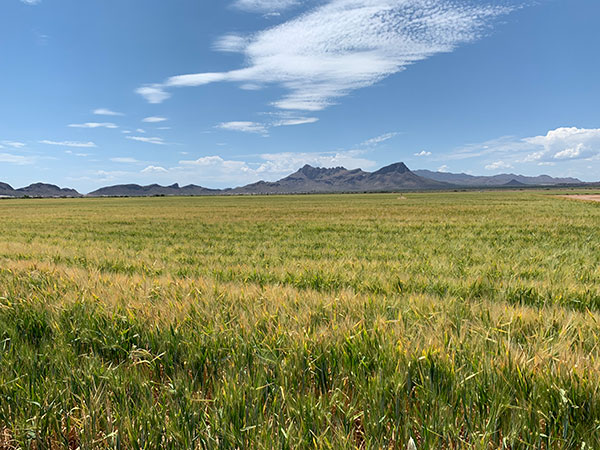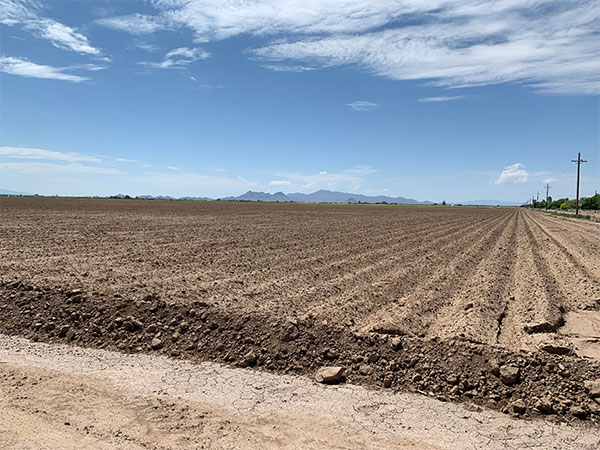Nature’s Nutritious Feed for Livestock
Bermuda hay is a nutrient-rich grass that has been a staple in livestock feed for generations. This remarkable forage is widely grown across various regions, and its popularity can be attributed to its exceptional nutritional value and adaptability to different climates.

What is Bermuda Hay?
Bermuda hay, scientifically known as Cynodon dactylon, is a warm-season grass native to Africa. It received its name from the island of Bermuda, where it was first introduced in the 17th century. Since then, it has become one of the most widely cultivated forage grasses in the United States and other parts of the world.
Growing and Harvesting Bermuda Hay
Bermuda hay is well-known for its ability to thrive in hot and dry conditions, making it a favorite for Tucson farmers, and our long hot summers. It is a perennial grass, meaning it can grow year-round in suitable climates, but it enters a dormant state during colder winter months.
The grass spreads through both seeds and underground stems, known as rhizomes, which helps it form a dense and durable turf. Bermuda grass can be propagated by planting seeds or using sprigs from existing plants. Once established, it requires minimal maintenance and can quickly recover from grazing or cutting.
Harvesting Bermuda hay is a delicate process that involves mowing the grass when it reaches the optimal stage of growth. Proper timing ensures maximum nutritional value and palatability for livestock consumption.
Nutritional Benefits
One of the main reasons farmers and ranchers favor Bermuda hay is its excellent nutritional profile. This grass is high in fiber, providing essential roughage for the digestive health of livestock. Additionally, Bermuda hay is rich in proteins, vitamins, and minerals, which are vital for the overall well-being and productivity of animals.
Livestock such as cattle, horses, goats, and sheep find Bermuda hay extremely palatable, encouraging them to consume it readily. The well-balanced nutrients in this hay contribute to healthy weight gain, strong bones, and a shiny coat for the animals.
Utilization in Livestock Feed
Bermuda hay serves as a primary feed source for various livestock, especially during the warm months when other forages may be scarce. It can be fed to animals in its natural form or as part of a mixed ration to provide a well-rounded diet.
Hay is typically cut, dried, and baled for storage, ensuring a stable supply of feed throughout the year. Proper storage in a dry, well-ventilated area is essential to maintain its nutritional value and prevent mold or spoilage.
Conclusion
In conclusion, Bermuda hay is a remarkable warm-season grass that plays a significant role in supporting the health and productivity of livestock. Its adaptability to diverse climates, rapid growth, and exceptional nutritional value have made it a staple in the agricultural industry. Whether you raise cattle, horses, sheep, or goats, Bermuda hay offers a reliable and nutritious feed source for your animals, contributing to their overall well-being and success on the farm.









